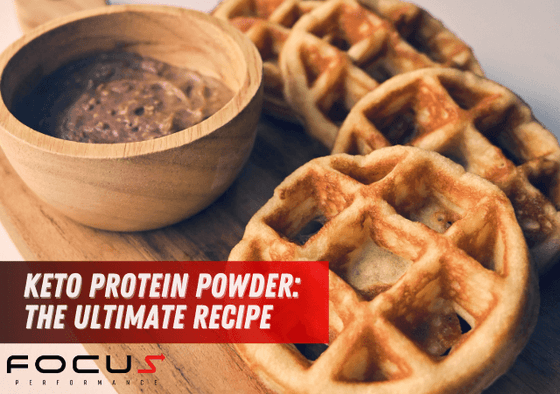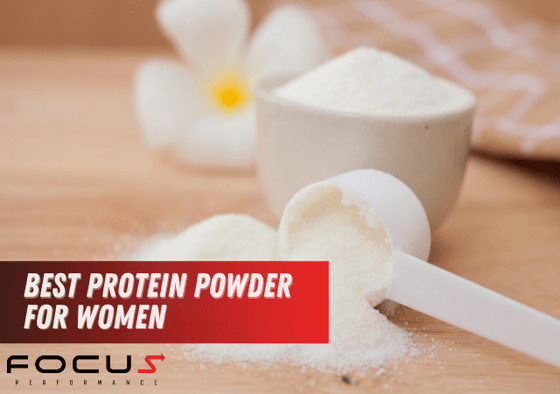
More needs to be done to educate people about the dangers of sugar. The average Briton consumes a massive 238 teaspoons of sugar each week. Scientists recently claimed sugar is worse than salt for pushing up your blood pressure. Sugar is so bad that Robert Lustig and colleagues from the University of California, San Francisco have proposed restricting and regulating it like tobacco and alcohol.
Consuming large amounts of sugar on a daily basis is extremely bad for you. Sugar may be sweet but it is more of a poison than a beneficial food source. Sugar causes an endless range of serious health issues including diabetes, liver disease, obesity, cancer and heart disease.
Sugar has been a big part of our diet for so long that we have got used to consuming huge quantities with little self-control. Parents are feeding their children diets full of sugar without realising, condemning them to a life of sugar addiction. Brands are experts at hiding how bad their products are from the public. Clever advertising campaigns highlight their benefits and delicious taste and most people don’t bother to look further than that.

Cereals are perhaps the worst culprits, as they are packed with massive amounts of sugar. According to nutritionist Dawn Undurraga, ‘When you exclude obviously sugar-heavy foods like candy, cookies, ice cream, soft and fruit drinks, breakfast cereals are the single greatest source of added sugars in the diets of children under the age of eight.’ It’s very wrong that companies are allowed to pitch them as a healthy breakfast option. People need to wake up and see the light. High sugar cereals such as Crunchy Nut Corn Flakes, Sugar Puffs and Frosties (which is 37% sugar) should be banned.
As well as cereals, another big culprit is actually sugary drinks. When people go on diets they often don’t take high sugar drinks such as squash or fizzy drinks into consideration, and then wonder why they aren’t losing weight. Cereals, sugary drinks and sweet treats are very appealing to young kids and teenagers who have been fed a high sugar diet from a young age by their clueless parents. According to the online journal the Open Heart, ‘UK and US teens may be consuming added sugars up to 16 times the recommended limit.’ They also claim that ‘worldwide sugar-sweetened drinks consumption has been implicated in 180,000 deaths a year.’

It’s not just sweet foods such as cakes and chocolate that contain sugar. Other supposedly savoury foods are also packed with sugar, especially processed products. Tomato sauce and bread for example contain shocking amounts of sugar.
Sugar is also extremely addictive and we have become a generation of sugar addicts. A team of scientists in Bordeaux found that in animal trials, rats chose sugar over cocaine. Our addiction to sugar is getting completely out of control, and governments aren’t doing much to stop it. People will continue to feed their sugar addiction because they don’t see the harm in it. We have become acclimatised to high sugar diets and need a serious sugar detox.
David Gillespie, author of ‘Sweet Poison’ books is a lawyer who turned to research and gave up eating sugar. His comments sum up how addictive sugar can be. ‘You are breaking an addiction, so you need to stop consuming all sources of the addictive substance. They are all hard to give up because they are addictive – but they are all easy to give up once you understand what you are doing and why.’
There’s a lot of controversy in nutrition these days as the food we eat is governed by brands and politics rather than science. Some scientists believe that sugar tricks us, making our brains think that we are not full so we end up eating more.
Sugar is putting huge pressure on national health systems around the world as hospitals battle to treat the influx of sugar addicts with health issues. It’s is one of the main causes of obesity and direct costs caused by obesity are now estimated to be £5.1billion per year in the UK. Why is obesity still on the rise? Perhaps it’s because of the amount of hidden sugar we consume. How do we change this?

Our nutritional habits need to improve. Scott Reid from Focus Performance Sports Nutrition said “I am regularly helping people who want to get in shape and people’s knowledge of the amount of sugar they are consuming is seriously lacking. Nutrition is such an important part of life, not just for weight control but also a huge range of other health benefits such as feeling great and preventing diseases”.
Governments need to educate people about just how much sugar some products contain and how to read food labels properly. People need to know how much sugar is acceptable in the products that they consume. Companies should also not be able to advertise their products as healthy when they are not and should be forced to make their labelling clearer.
Sources:
telegraph.co.uk/foodanddrink/healthyeating/9987825/Sweet-poison-why-sugar-is-ruining-our-health.html
cncahealth.com/explore/learn/nutrition-food/the-dangers-of-sugar-is-it-really-that-bad
nhs.uk/news/2012/02February/Pages/breakfast-cereals-still-too-high-in-sugar.aspx
Despite the benefits we’ve learned about protein powders, not all of them are keto-friendly. Just like any product for people on a low-carb diet, you need to read the label closely to make sure you’re not consuming added carbs and sugars.


Scott Reid
Author
Scott Reid is a 2 x Britain’s Strongest Man U105kg winner (2007 & 2008) and IFSA World's Strongest Man U105kg Competitor. He is an expert in strength and conditioning and also coaches functional nutrition. Scott’s passion for understanding the human body and how to optimise every aspect of it has driven him to study under legends such as Paul Chek. Scott now coaches MMA Athletes, Strongmen and Bodybuilders to name but a few, helping them to implement a well structured diet and become more powerful, explosive versions of themselves.